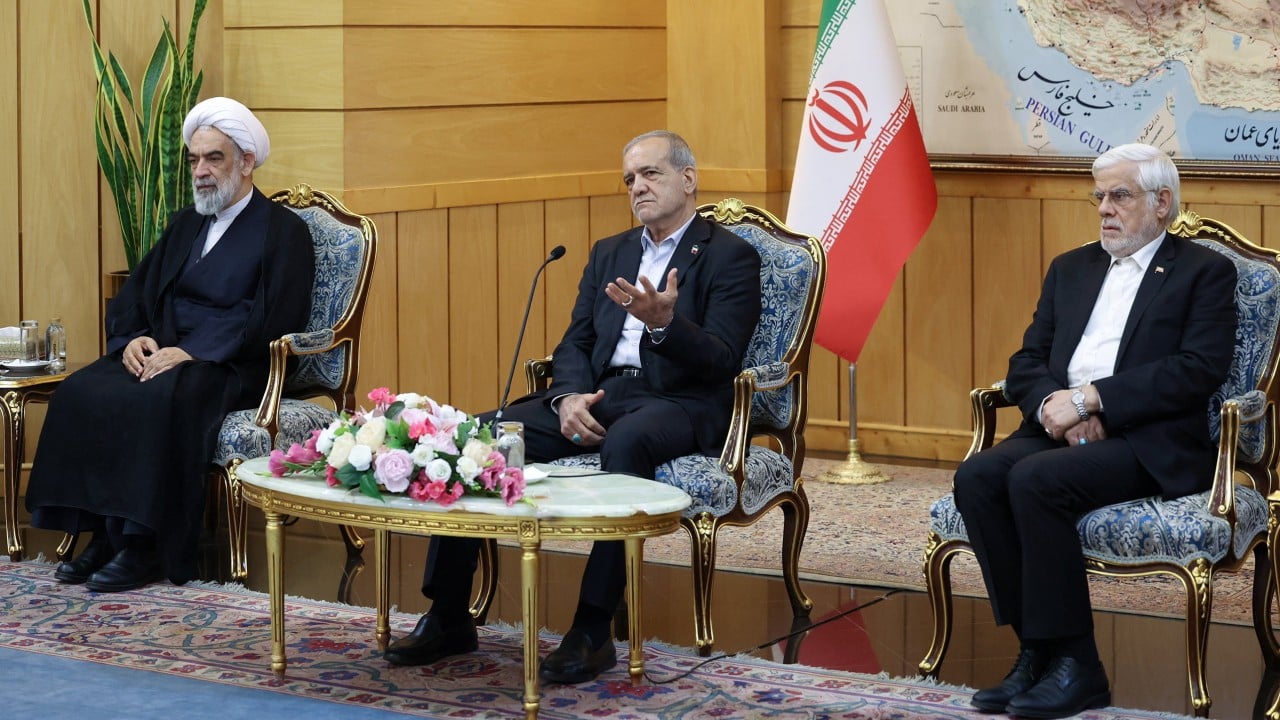With UN sanctions set to be reactivated against Iran on Sunday, Tehran finds itself facing a tough choice between capitulation to US President Donald Trump’s demands for “unconditional surrender” over its nuclear programme and further Israeli attacks.
Advertisement
With an equally unpalatable option of mediation by distrustful Gulf Arab neighbours that it has intimidated for decades, Tehran is playing for time in the hope that Washington can be persuaded to resume bilateral negotiations that were scuttled by US and Israeli air strikes against Iranian facilities in June, according to analysts.
“Iran really has nowhere else to turn,” said Barbara Slavin, distinguished Middle East fellow of the Stimson Centre, a Washington think tank.
Member states of the Saudi Arabia-led Gulf Cooperation Council (GCC) “don’t trust Tehran, but they fear Israel more and are thoroughly disgusted with the US failure to rein in the Israelis and end the Gaza war”, she added. The GCC also includes the United Arab Emirates, Qatar, Kuwait, Oman and Bahrain.
Iran has warned that the UN Security Council’s sanctions snapback – initiated last Friday by Britain, France and Germany – would prompt it to scrap inspections of its nuclear facilities and monitoring of its uranium stockpile by the International Atomic Energy Agency (IAEA) under the terms of the 2015 Joint Comprehensive Plan of Action.
Advertisement
But Tehran has also suggested it would seek an alternative agreement for cooperation with the UN atomic agency, signalling its intent to remain compliant with the Nuclear Non-Proliferation Treaty and refrain from any attempt to manufacture nuclear warheads.
The 2015 nuclear deal saw Iran cease uranium enrichment activity except for low-grade material used in nuclear power plants, in return for relief from UN sanctions.

